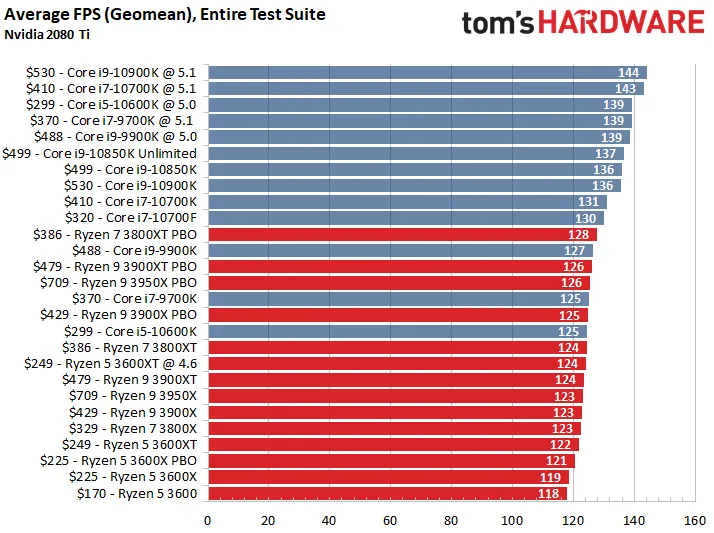D
Deleted member 89374
The second most popular consumer OS in the world is built on a BSD-derived UNIX 03 certified kernel.
I'd hardly call it "dead".
What exactly is a BSD-derived UNIX 03 certified kernel?
Agreed; and server-side, my brother-in-law is a Systems Architect for a major bank here in Canada. They're not using CentOS or Debian.I forget now whether the systems we were talking about were on IBM or HP.
Although smaller numbers of servers are using a bona fide UNIX these days I still have the impression that most of the real backbone of our society is a UNIX of some sort, with IBM (AIX) and HP (HP-UX) being the main players. I am not sure how popular Oracle's Solaris is anymore. I also think of the number of single-use devices (firewalls, toasters) that would have an embedded BSD is significant.
IBM bought Red Hat for good reason. BSD UNIX is nothing to write home about as Linux beats it in every aspect. Virtualization support in BSD UNIX is very poor and can't touch KVM in Linux. As for the closed source UNIX type systems, they're on their way out.

